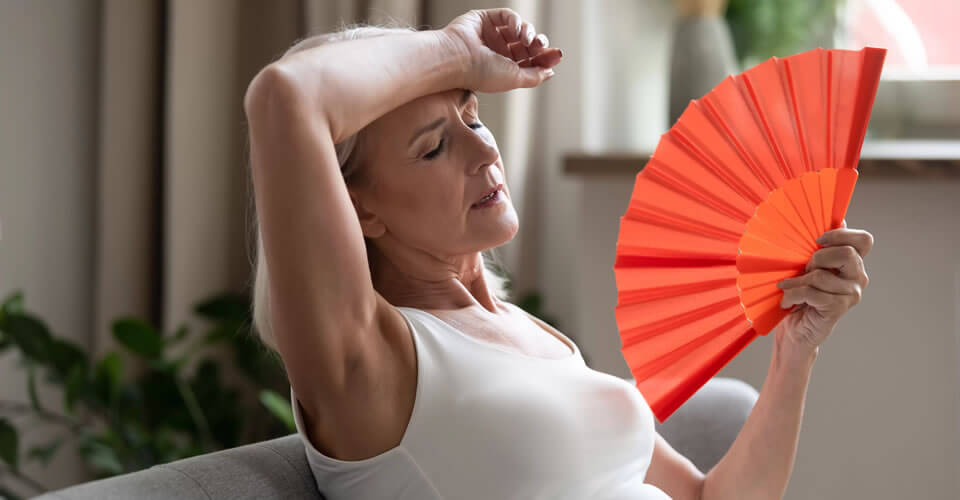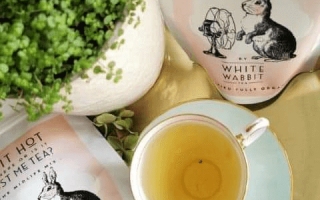Serving the Natural Health needs of Marlborough residents for over 25 years!
- Navigation
- Services ▼
- » Consultations ►
- » » Allergy Management
- » » Baby / Child Health
- » » Cancer Patient Support
- » » Detoxification
- » » Digestive System Support
- » » Health & Well-being
- » » Heart & Cholesterol
- » » Hormones & Fertility
- » » Journey Work
- » » Nutritional Advice
- » » Skin Disorders
- » » Stress & Anxiety Support
- » » Weight Management
- » Programmes ►
- » » Integrative Cancer Prog.
- » » Personalised Detox
- » » Shake It! Weight Loss
- » » Vegetarian Cooking
- Products ▼
- » Online Health Shop ►
- » » All Products
- » » Cancer Support
- » » Hair & Body
- » » Health Books
- » » Healthy Cooking
- » » Organic Remedies
- » Local Stockists
- » Metagenics
- Resources ▼
- » Healthy Recipes
- » Wellness Articles
- About ▼
- » Your Medical Herbalist
- » The Herbal Health Clinic
- » Patient Feedback
- Contact
- Tap for Menu
- Services ▼
- » Consultations ►
- » » Allergy Management
- » » Baby / Child Health
- » » Cancer Patient Support
- » » Detoxification
- » » Digestive System Support
- » » Health & Well-being
- » » Heart & Cholesterol
- » » Hormones & Fertility
- » » Journey Work
- » » Nutritional Advice
- » » Skin Disorders
- » » Stress & Anxiety Support
- » » Weight Management
- » Programmes ►
- » » Integrative Cancer Prog.
- » » Personalised Detox
- » » Shake It! Weight Loss
- » » Vegetarian Cooking
- Products ▼
- » Online Health Shop ►
- » » All Products
- » » Cancer Support
- » » Hair & Body
- » » Health Books
- » » Healthy Cooking
- » » Organic Remedies
- » Local Stockists
- » Metagenics
- Resources ▼
- » Healthy Recipes
- » Wellness Articles
- About ▼
- » Your Medical Herbalist
- » The Herbal Health Clinic
- » Patient Feedback
- Contact
Menopause marks the end of the reproductive years of a woman’s life.
Occurring usually between 45 and 60 years of age. As the number of oocytes carries reaches their endpoint with a marked decrease in oestrogen and progesterone.
The transition into menopause, called perimenopause commonly lasts for 2-3 years with common signs of irregular menstrual cycles, skin changes, mood changes and memory loss, insomnia, fatigue, vaginal dryness, changes in libido, night sweats, hot sweats which may be moderate to debilitating in their effects.
Menopause is confirmed with the cessation of periods for 12 months with consistently elevated serum FSH levels and low serum oestradiol.
Signs and Symptoms of Menopause
- Absent Menstruation for at least 12 months
- Hot Flushes of the Face, neck and upper trunk, which may be accompanied by palpitations, dizziness and headaches.
- Night Sweats, which may contribute to depression and irritability.
- Cold Hands and Feet
- Sleep disturbances and insomnia
- Mood changes such as depression, irritability, tension
- Memory impairment and loss of ability to concentrate
- Skin changes including loss of skin tone.
- Weight gain
Factors that may hasten the timing of menopause and worsen the symptoms experienced include.
- Premature ovarian failure
- Hysterectomy retaining the ovaries (thought to advance menopause by approximately 2 years.)
Diet and Lifestyle
Suggestions to help you in the management of your menopause:
- Consume dietary Phyto-oestrogens to manage symptoms and prevent cardiovascular, skeletal and cancer risks of ageing.
- Foods that contain Phyto-oestrogens are soy beans, tofu, tempeh, sesame seeds, wheat, berries, oats, barley, dried beans, lentils, rice, alfalfa, mung beans, apples, carrots.
- Regular weight bearing and aerobic exercise supports fat burning, muscle strength and bone density.
- Acupuncture and Herbal Medicine can help reduce menopausal symptoms.
- Reduced caffeine and alcohol consumption.
- Relaxation techniques can help reduce symptoms associated with menopause.
- Helpful relaxation techniques are meditation, gentle yoga, walking in nature, listening to some meditation tapes or soft music.
- Having a cup of white rabbit menopause tea whilst reading a book with a snack.
Supporting your digestive system with a probiotic, make sure you have the right strain for your individual requirements.
Herbs that are beneficial are Rehmannia, Zizziphus, Motherwort, Yarrow, St Johns Wort, Sage and Wild Yam.
Key nutrients such as vitamin C and activated B group vitamins required to support neurotransmitter and adrenal hormone synthesis, activity, and sensitivity.Journeywork is also helpful to cope with stress...
CONTACT
We are here for you!
☎ 03 578 8077
📧 enquiries@juliasherbalhealth.co.nz
🏠 6 Severne Street, Blenheim 7201
Facebook: JuliasHerbalHealthNZ
© 2016 - 2025 Julia’s Herbal Health
DISCLAIMER: The information on this website has been researched, reviewed and presented with all due care.
Nevertheless, the content is provided for general education and information only and should not be relied upon in making,
or refraining from making, any decision. It is NOT intended to replace medical advice from a healthcare professional.
All users are urged to seek advice from a qualified healthcare professional for diagnosis, treatment and answers to their medical questions.
Use products as directed. If symptoms persist, please see your healthcare professional.
*DISCLAIMER - Specific results expressed herein are NOT typical. Individual results will vary.




